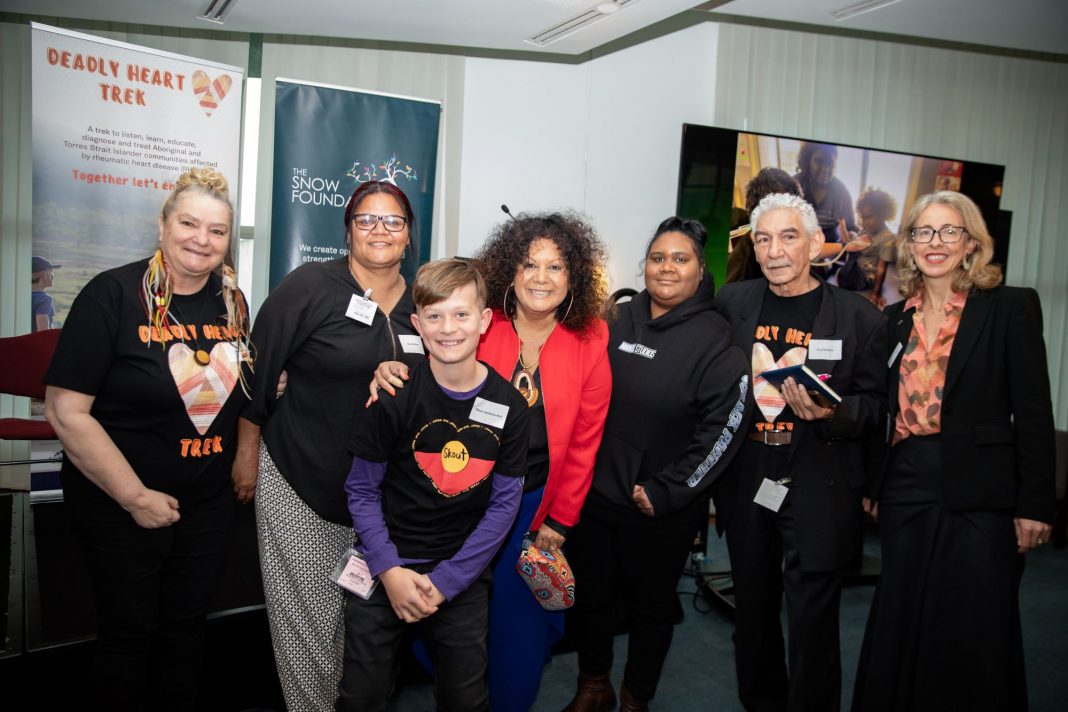Rheumatic Heart Disease (RHD) and its precursor, acute rheumatic fever, is preventable, yet 10,000 people live with the devastating condition – of whom more than 80 per cent are Aboriginal and Torres Strait Islanders.
This alarming figure – which is set to double in the next decade resulting in more than 650 deaths – prompted Indigenous members from remote communities to visit Parliament House today for talks.
Two Aboriginal and Torres Strait Islander people die each week from RHD, and the burden of this disease is carried predominantly by children aged five to 14. Remember, this disease is preventable.
Senior Noongar woman from The Heart Foundation, Vicki Wade, said RHD disease is “destroying lives through ongoing and painful injections, surgeries for children as young as five, unnecessary deaths”.
If left untreated, RHD can lead to heart failure, disability, and even death. It starts with a sore throat or skin sore caused by Strep A bacteria, which can eventually lead to permanent heart damage.
Initiatives such as The Deadly Heart Trek is tackling the problem by visiting 36 communities since 2021, empowering First Nations people by working together to enable access to health and medical specialists to conduct skin checks and heart screenings for school students in NT, SA, Central Australia and Queensland.
During three major Deadly Heart Treks, more than 2,700 young people were screened and found to be healthy. However, 88 new RHD cases were diagnosed and treated.
Paediatric cardiologist and Deadly Heart Trek leader, Dr Rob Justo, said this work demonstrates the importance of prevention and early detection.
“And of course, community engagement and empowerment, in the efforts to end RHD,” he said. “Without rapid treatment, these young people will need, at best, a lifetime of care, and at worst, open heart surgery.”
The Australian Government recently doubled the funding for the elimination of RHD, increasing it from $6 million to $12 million annually plus $1.5 million for portable echo screening equipment. In addition, philanthropic funding has been committed by organisations such as the Canberra-based Snow Foundation.



